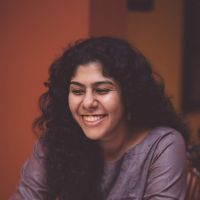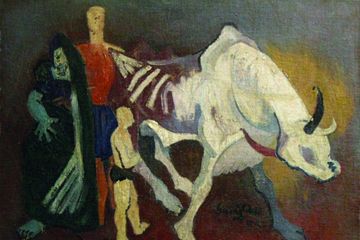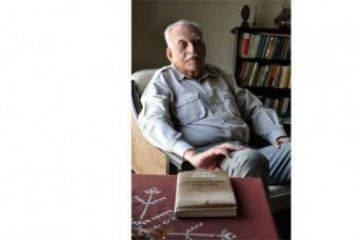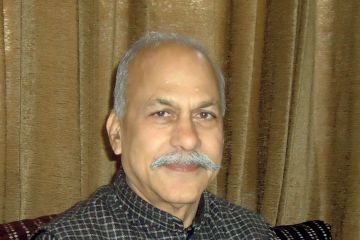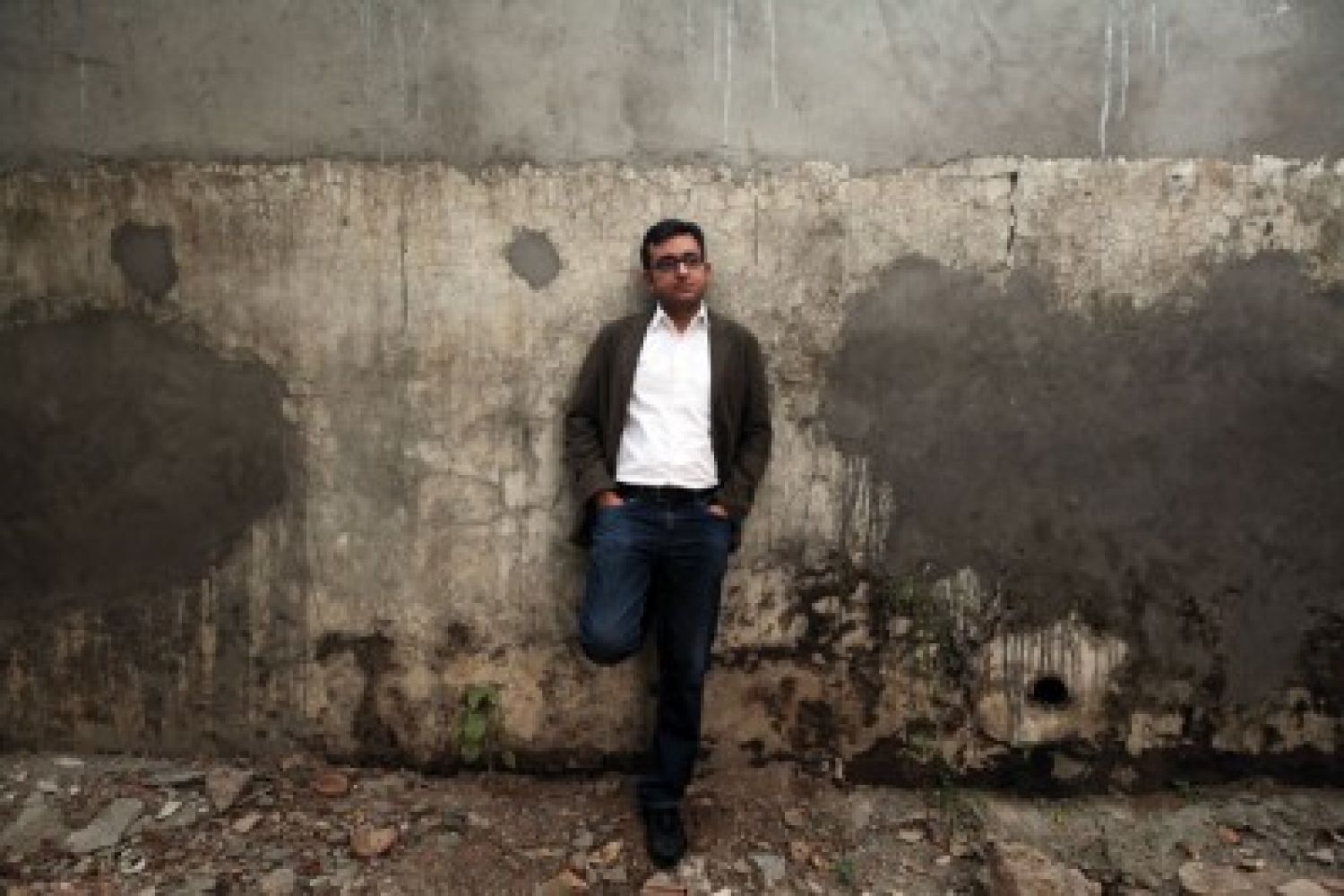
A lot has been said
about the atrocities of the Indian government in Kashmir. We’ve heard the
stories of the bereaved, we’ve seen the police check-posts. The militant
leaders who once wanted to join Pakistan are now ‘separatists’, photographed
annually as they help Amarnath yatris. But, there is another story from
Kashmir—the story of Kashmiri Pandits.
Rahul Pandita left his
ancestral home in Kashmir in 1990. Twenty three years later, he relives his
trauma in his book,&nb

